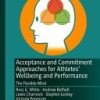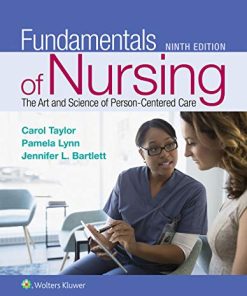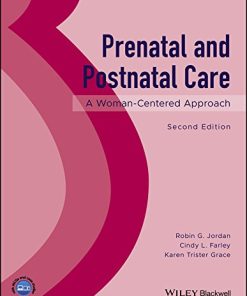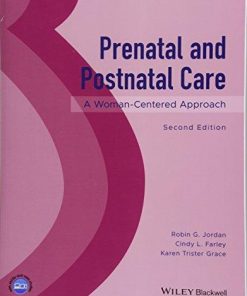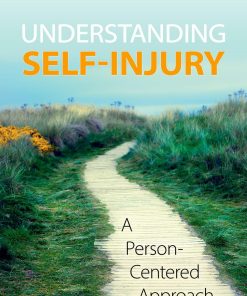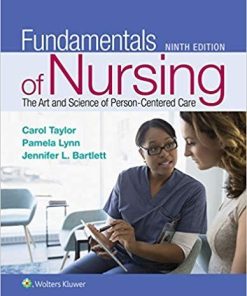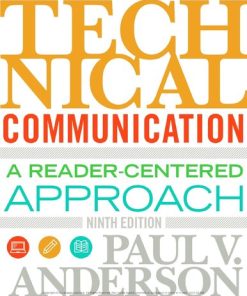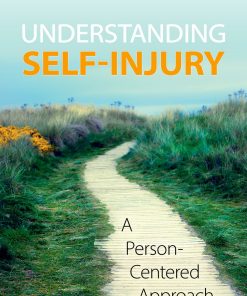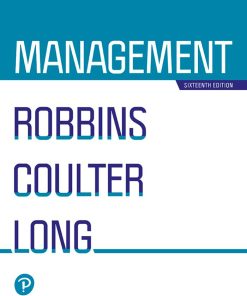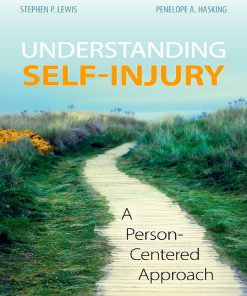Understanding Self-Injury: A Person-Centered Approach
$50.00 Original price was: $50.00.$25.00Current price is: $25.00.
Understanding Self-Injury: A Person-Centered Approach – Ebook Instant Download/Delivery ISBN(s): 9780197545065,0197545068,9780197545089, 0197545084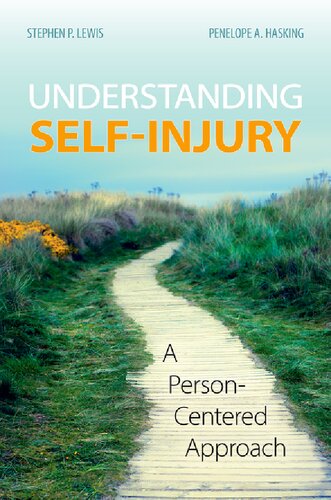
Product details:
- ISBN-10 : 0197545084
- ISBN-13 : 9780197545089
- Author: Stephen P. Lewis, Penelope A. Hasking
Nonsuicidal self-injury (NSSI), the purposeful damaging of one’s own body tissue without suicidal intent, is a common and serious mental health concern. Engagement in self-injury is associated with numerous mental health difficulties such as major depression. Of particular concern is recent evidence indicating that self-injury is a significant risk factor for suicide. Taken together, understanding self-injury and appropriately responding to people who self-injure is critical.
Developing a compassionate understanding of self-injury requires not only knowledge of current research but also essential insights from individuals with lived experience. Understanding Self-injury: A Person-Centered Approach offers a significant departure from traditional texts in the field by adopting a person-centered, strengths-based approach to understanding and addressing self-injury. In addition to giving a general introduction to self-injury, this book offers practical tips for families and caregivers, schools, clinicians, and advocates who support individuals who self-injure. Importantly, priority is given to topics that individuals with lived experience of self-injury find central to their experiences, such as stigma, social media, resilience, recovery, and advocacy.
Table contents:
1. Self-Injury: An Overview
2. Self-Injury and Suicidal Thoughts and Behaviors
3. A Person-Centered, Strengths-Based Framing of Self-Injury
4. Self-Injury and Stigma
5. Use of Appropriate Language to Discuss Self-Injury
6. Rethinking and Addressing Contagion
7. Self-Injury, the Internet, and Social Media
8. Addressing Self-Injury in Schools: A Student-Centered, Strengths-Based Approach
9. Families and Self-Injury
10. Clinical Approaches for Self-Injury: Assessment and Intervention
11. Self-Injury Recovery: A Person-Centered Framework
12. Building Resilience Through Recovery
13. Supporting People With Lived Experience
14. Advocating for a Person-Centered, Strengths-Based Approach
People also search:
understanding self-injury a person-centered approach
understanding and treating self-injurious behavior in autism
which description best defines self-injury
self injury operational definition
understanding self harm for parents
You may also like…
Uncategorized
Fundamentals of Nursing: The Art and Science of Person-Centered Care 9th Edition – Ebook PDF Version
Medicine
Uncategorized
(eBook PDF) Fundamentals of Nursing: The Art and Science of Person-Centered Care 9th Edition
Reference - Writing
Technical Communication: A Reader-Centered Approach 9th Edition Paul V. Anderson
Relationships & Lifestyle - Personal Growth & Inspiration
Understanding Self-injury. A Person-Centered Approach 1st Edition Stephen P. Lewis
Business & Economics - Management & Leadership
Uncategorized


